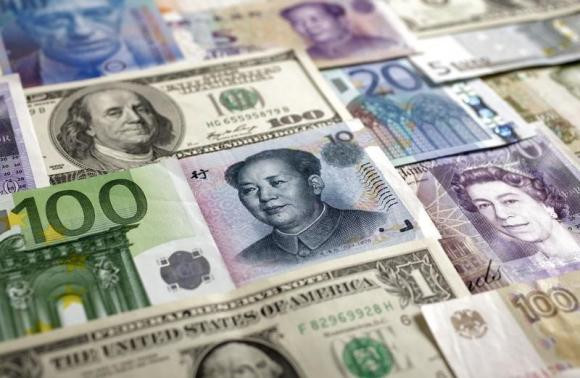Central banks watch: New Zealand, Russia, Korea and Thailand to set rates

The second week of March does not have a heavy central bank calendar although rate decisions by the Reserve Bank of New Zealand, the Bank of Korea, Bank of Thailand and the Central Bank of Russia will be crucial for respective markets.
In addition to the rate meetings, remarks by a few Fed officials will be watched, especially in the background of the much stronger than expected February jobs report from the US.
Other central bank publications of interest will be the US labour market conditions index, due on Monday (9 March), and then the Bank of England quarterly bulletin on Friday.
The sharp gains in the dollar and the reasons as well as subsequent weakness in other currencies will likely feature in central bank statements and remarks this week, traders say.
The RBNZ has its official cash rate at 3.5% after the 100 basis points hike last year. The central bank is unlikely to alter rates this time despite inflation dropping to a one-year low of 0.8% in the December quarter as GDP growth is keeping momentum.
New Zealand believes that despite the recent downsides, its currency is fundamentally strong considering the sharp drop in commodity prices.
That said, the RBNZ in its statement on 11 March, might take comfort from the kiwi dollar's 2.6% decline within just a week of March, which reversed much of the 4% jump in December.
The BoK and CBR will set rates on 12 March and both are on a rate cutting cycle. The former has it at 2% and the latter at 15%. Korea has cut the base rate by 50 basis points in 2014 and Russia in January reversed by 200 basis points the more than 1,000 basis points increase during last year.
Russian economy
While cutting rates in January, the Russian central bank said inflation could fall in mid-2015 as the economy was expected to cool. The annual price rise rate, however, continued as per the latest data. Russian inflation accelerated to a 13-year high of 16.7% in February.
The Thai central bank has been on an easing cycle since last 2011 when the main rate was 3.5%. The bank slashed the rate by 25 basis points in 2014, taking it to 2%.
The January decision was on 5-2 hold vote out of seven policy makers with the two dissenters voting for a cut citing falling inflation.
The Fed speakers listed for the second week of March are Minneapolis Fed's Narayana Kocherlakota, FOMC member Mester and Dallas Fed's Richard Fischer - all on 9 March. The February labour market index will be released earlier in the day as well.
Bank of Japan's Deputy Governor Nakaso too will deliver a speech on 9 March. The first quarter BoE bulletin has been scheduled for 13 March.
© Copyright IBTimes 2025. All rights reserved.






















